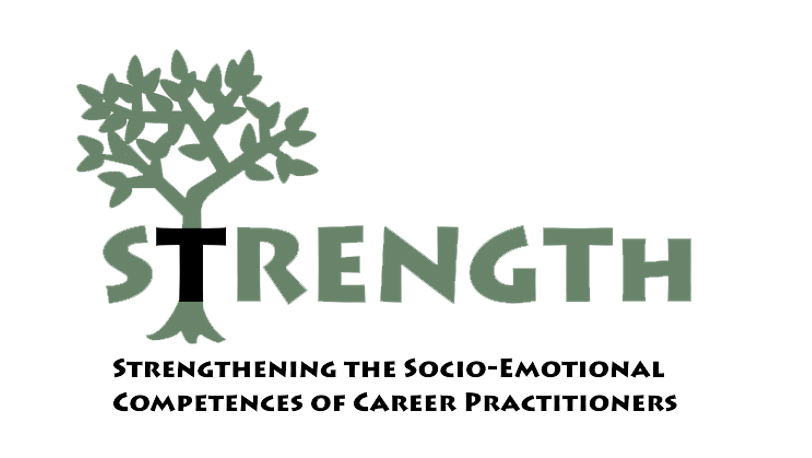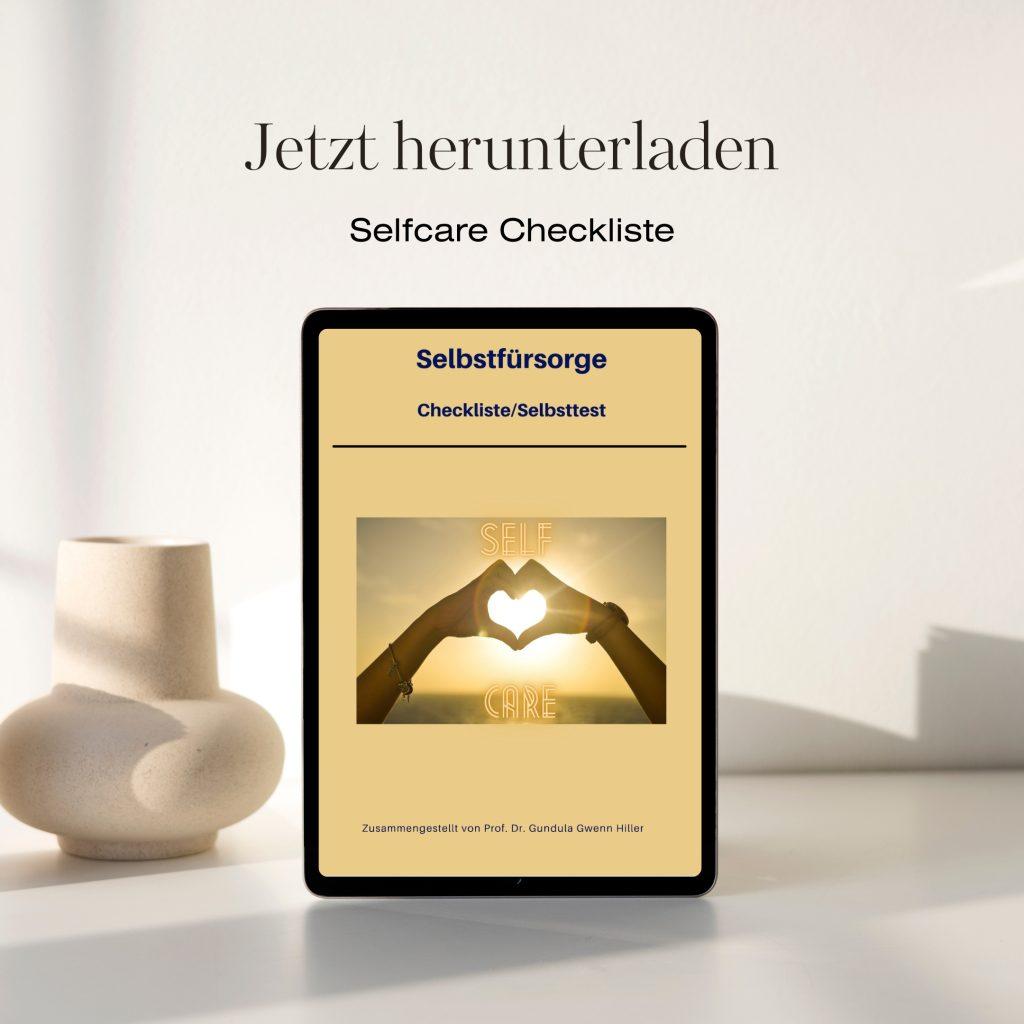Emotional Intelligence




Emotional Intelligence?
Even if we are highly intelligent and full of knowledge: If our EQ (Emotional Intelligence Quotient) is not well developed, we continue to face problems in professional and social life.
Emotional Intelligence (EI) stands for a set of competences, which enable us humans to lead ourselves and others, be pleasant team players and make the right decisions.
A story
Once upon a time, in old China, a man sat on a horse. He was riding past another man standing on the side of the road. The man on the road asked the rider: 'Rider, where are you traveling to?' The rider answered: 'I don't know, ask the horse!'
The relationship between the horse and the rider is a metaphor for our emotional life.
The horse stands for our feelings. Normall, we don't really pay attention, where our emotions lead us. That means, we allow the horse to carry us whereever it wants. But we can tame the horse and steer it. It all starts by understanding the horse (self-perception). When we understand it, we learn to communicate and to work with it slick and skillfully.
"The intelligence of thinking is nothing without the intelligence of the heart."
Romain Rolland
The scientific definition
Salovey & Mayer, 1990
Many studies show that people with a highly developed EQ are better leaders, more successful in their job and more satisfied in general. Daniel Goleman, who wrote two bestseller books about Emotional Intelligence, wrote: “In a very real sense we have two minds, one that thinks and one that feels.”
In 2015, he said in an interview with the Huffington Post: 'People with a high Emotional Intelligence are adaptable, flexible, confident and they effectively work towards their goals. They are resilient and recover from stress quickly.
The good news is:
Emotional Intelligence can be trained!
- Self-perception. The ability to become conscious of the own feelings, thoughts and believes and to understand them as well.
- Self-management. The ability to steer own emotions and to consciously use resources.
- Empathy. The ability to change perspectives. That means, being able to empathize with individual thoughts and feelings.
- Soziale Kompetenz. Die Fähigkeit, eigene Handlungen an die Gefühle anderer Menschen anzupassen und gute Beziehungen aufzubauen.
- Motivation: Die Fähigkeit, sich und andere motivieren zu können (Motivation hat immer auch etwas mit Emotionen zu tun).
Strength - EU-Project:
Cooperation partners:
Marcela Claudia Călineci, Ana Maria Oancea, & Luminita Mitrofan (CMBRAE), Speranța Țibu, Angela Andrei, & Alina Crăciunescu (Centrul National de Politici si Evaluare in Educatie), Soili Rinne, & Antti Viiman (Häme University of Applied Sciences), Mary Tountopoulou, Varvara Pantidou, Dimitrios Adam, & Fotini Vlachaki (ISON Psychometrica), Teresa Maltese, Monica Miglionico, & Maria Santarcangelo (Studio Risorse), João Constâncio, Catarina Madureira, & Sofia Rego (União das Freguesias de Gondomar Valbom e Jovim), Peter C. Weber, Rebeca Garcia Murias, & Gundula Gwenn Hiller (University of Applied Labor Studies, Mannheim).

Self Care: An important element of emotional intelligence
What does the term 'self care' mean?
Self Care wants to remind us to take good care of ourselves. It is well known: Only who takes good care of oneself can take good care of others!
It is not about dealing with one's own matters in a selfish way. It is about being mindful with our resources. That means we can allow ourselves to take breaks, do good things for ourselves from time to time and pay attention to not overwork.


Back then until today
Even back in ancient times, Self Care was a topic
of philosophical approaches. The philosophers back then already recommended methods, which served self care, e.g. physical training, philosophical reflection, meditation,
lecture and critical thinking about one's own beliefs, which today would be called 'mindset work'.
Today, the term 'Self Care' still contains a big bandwith of recommendations
and methods, reaching from physical care to training health-improving
mental techniques and regulating emotions.
Areas of Self Care
Nutrition
Exercise
Relaxation
Enjoyment
Positive Thinking
Respecting one's own limits
Stress management
Ways to increase Self Care
Nowadays, Self Care is an established part of many formats to improve health and develop the own personality. The focus is always on a better interaction with oneself as well as builiding and maintaining personal resources. This can be trained in coachings, trainings for mindfulness, emotional intelligence as well as work life balance, stress management and resilience.

What is Self care?
In this clip, I give an introduction about Self Care!

More Self Care for you with my free check list
Find out with my check list, how well you already take care of yourself and where you have room to improve. The questions in the check list contain inspiration on how you could integrate more Self Care moments in your everyday life!